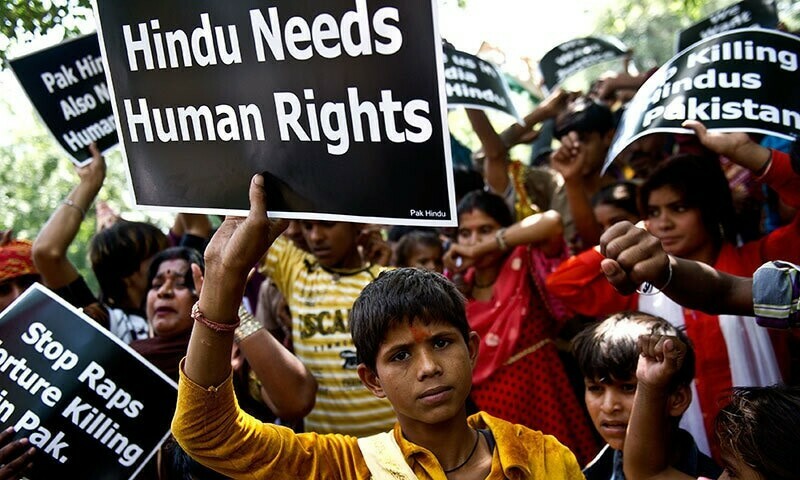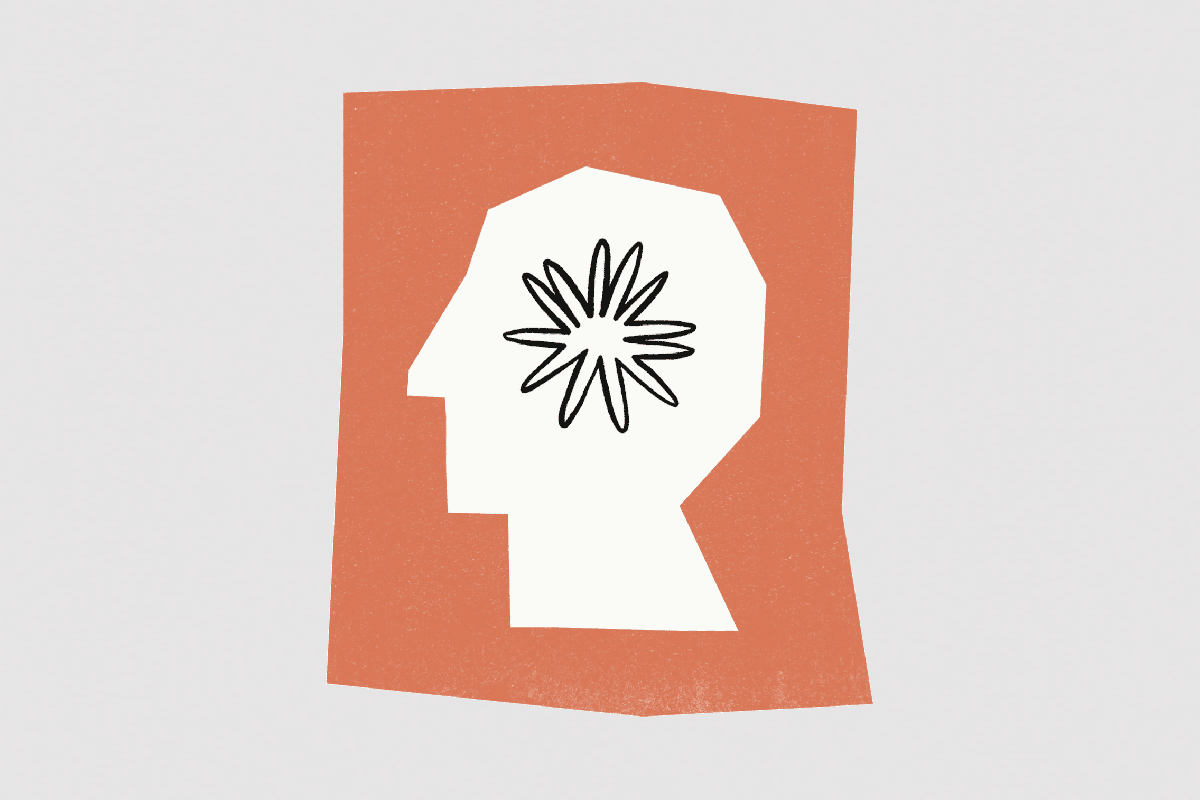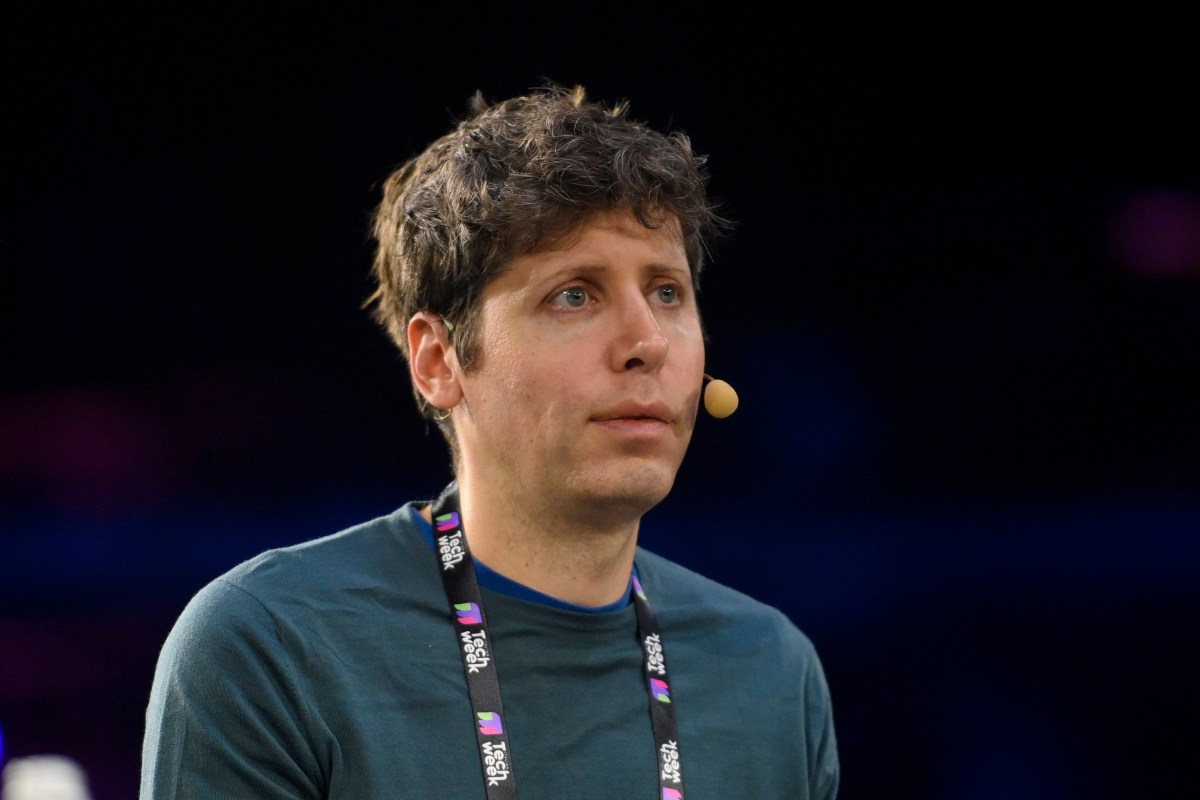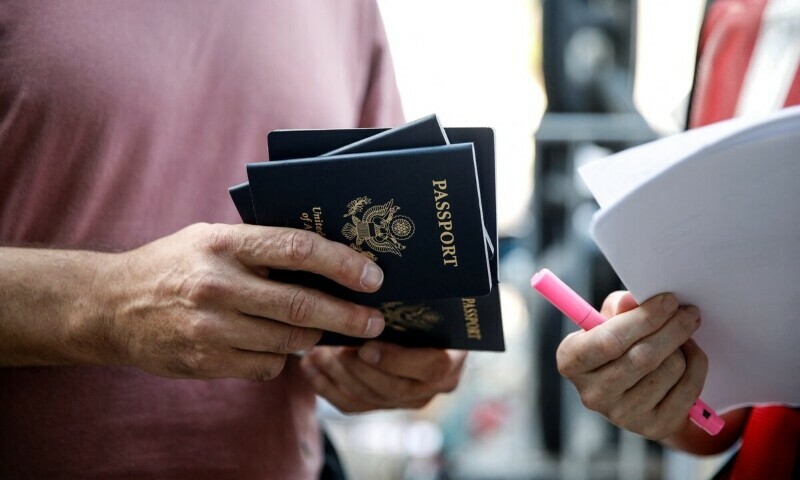• Study says economic struggle, climate change also compelling families to leave the country
• CM’s Special Assistant on Human Rights voices concern over incidents of forced conversion of young girls
• Rights body chairman claims well-to-do Hindus enjoy facilities in India, but the poor live in refugee camps
KARACHI: The Human Rights Commission of Pakistan (HRCP) on Wednesday launched a fact-finding study that found that deteriorating law and order, insecurity as a religious minority, faith-based violence, economic struggles and worsening climate conditions have compelled many Hindu families in Sindh to migrate abroad.
Authored by senior journalist Zia-ur-Rehman, the study, ‘Exodus: Is the Hindu Community Leaving Sindh?’ was launched at the HRCP office.
Speaking at the launch, HRCP chairperson Asad Iqbal Butt said that they had been hearing that many Hindu families were leaving Sindh, which has the biggest population of Hindus in the country. “But the case needed to be proved through fact-finding,” he said, adding that if you look at the migration of the Hindu community, it started way back in 1947.
“Now migration also takes place internally within the province, from city to city, for earning prospects,” he said. “Then some also go abroad for higher education,” he added.
“We heard last year that as many as 300 people left Kashmore to go to India. But this was under-reported. There were more people than the number quoted. And this number increases whenever there is tension between Pakistan and India. Many left here at the time of the demolition of Babri Mosque in Ayodhya. The same happened during the construction and inauguration of the Ram temple in its place,” Mr Butt pointed out.
“Those among the Hindu community who migrated to India already have some family there. The well-to-do Hindus enjoy facilities in India. But the poor live in refugee camps,” he added.
Minority rights activist Pushpa Kumari said that migration of Hindus needs to be looked at seriously. “There are so many causes behind it, including forced conversion, kidnapping for ransom, backlash related to India, intolerance, fear and vulnerability, etc,” she said.
Senior journalist Sohail Sangi said that many people migrate but they do it out of choice. “Hindus, on the other hand, are forced to leave,” he said.
He also said that migration also is the result of wrong decisions made by the federal government. “We have turned into an intolerable society, which makes the minorities in our country feel unsafe and vulnerable,” he said.
“The law and order situation is also not helping. The people have no confidence in law enforcement agencies. This can change through interaction with communities to give them confidence, by creating a safe environment for them. The government organisations also need to be sensitised and made aware about the needs of the minority communities,” he said.
Special Assistant to Chief Minister (SACM) on Human Rights Rajvir Singh Sodha reminded that all the big educational institutions and health facilities in the province, especially upper Sindh were built by non-Muslims, mostly Christians and Parsis.
He also said that the Hindu families who left this side around Partition, now have their third generation who have been told about Sindh by their elders. “They say that their grandparents cry when they speak about the cities they had to leave. And the third generation speaks Sindhi at home even though they have not lived in Sindh. It is the language which was passed down to them by their elders,” he said.
Mr Sodha also lamented the luring of young, innocent, and impressionable girls by Muslim men who say that “they are doing a service to Islam”. “If you are truly serving Islam then why don’t you convert older Hindus, why innocent girls?” He asked.
He also said that children of non-Muslim minorities should be given religious education in schools. “If not in schools, then we should arrange for religious instruction classes in our temples. They also need to be educated about their religion just like all the schools here teach Islamiat,” he said.
Published in Dawn, January 23rd, 2025





Leave a Reply